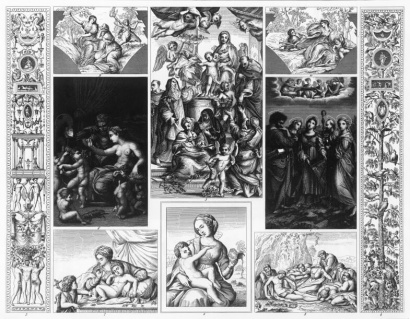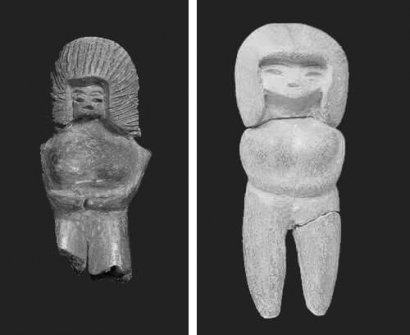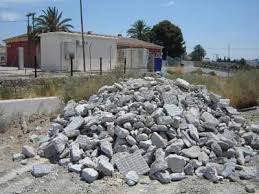 Renaissance philosophy must be framed within the historical coordinates of the fifteenth and seventeenth centuries in Europe. Renaissance philosophy must be understood as a period of transition between the Middle Ages and the Modern Age.
Renaissance philosophy must be framed within the historical coordinates of the fifteenth and seventeenth centuries in Europe. Renaissance philosophy must be understood as a period of transition between the Middle Ages and the Modern Age.
The intellectual context of the Renaissance
There are several events that allow contextualizing Renaissance philosophy. In the first place, the humanist current encourages the recovery of classical Greek culture (the term renaissance refers precisely to the new intellectual splendor inspired by the classical works of culture and science of the Greek classical period).
On the other hand, the Protestant Reformation supposes a fragmentation of religious power. At the same time, it must not be forgotten that the discovery of the New World provided another image of reality and the need to face new challenges (for example, in the field of navigation). The emergence of the bourgeoisie as a new social class also represented a renewal of cultural approaches. And all this accompanied by a new technological tool, the printing press.
The main features of Renaissance philosophy
The return to the classics in the Renaissance has two aspects: the translation of texts that had been forgotten for centuries and the recovery of Greek science (especially the contributions of Archimedes, Pythagoras and Euclid). This rebirth of the classical world went beyond the interest in culture and science, since the philosophers of the Renaissance tried to create an order based on the human being as the central axis (anthropocentrism) in opposition to medieval theocentrism.
The philosophers and humanists of the Renaissance understand that man is good by nature, a view that runs counter to the idea of original sin in Christianity.
The figure of God is no longer seen as the axis of all reality, but new approaches arise. In this sense, Giordano Bruno defended a pantheism based on the infinity of the universe and Nicolás de Cusa dared to question the possibility of knowing the nature of God.
 Renaissance philosophers are critical of medieval intellectual dogmas, especially Aristotelianism that permeated all scientific knowledge.
Renaissance philosophers are critical of medieval intellectual dogmas, especially Aristotelianism that permeated all scientific knowledge.
The heliocentric view of the universe advocated by Copernicus and the new scientific method advocated by Francis Bacon are two essential issues in the Renaissance paradigm.
Renaissance ideals paved the way for the philosophy of modern times, in which human reason becomes independent of faith and science is articulated as we understand it today.
Photos: iStock - Craig McCausland / lcodacci









